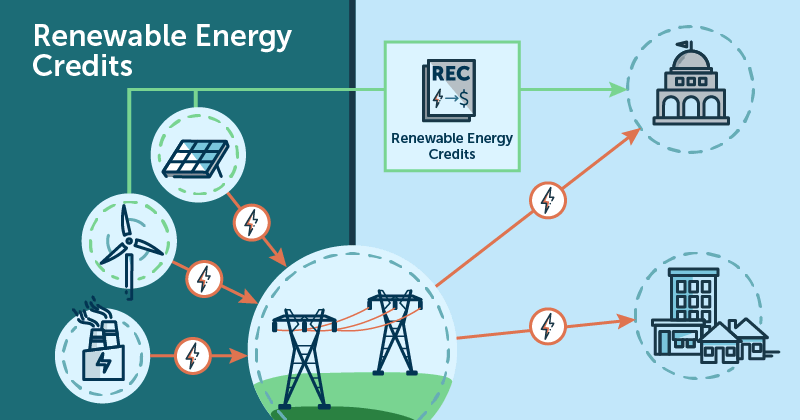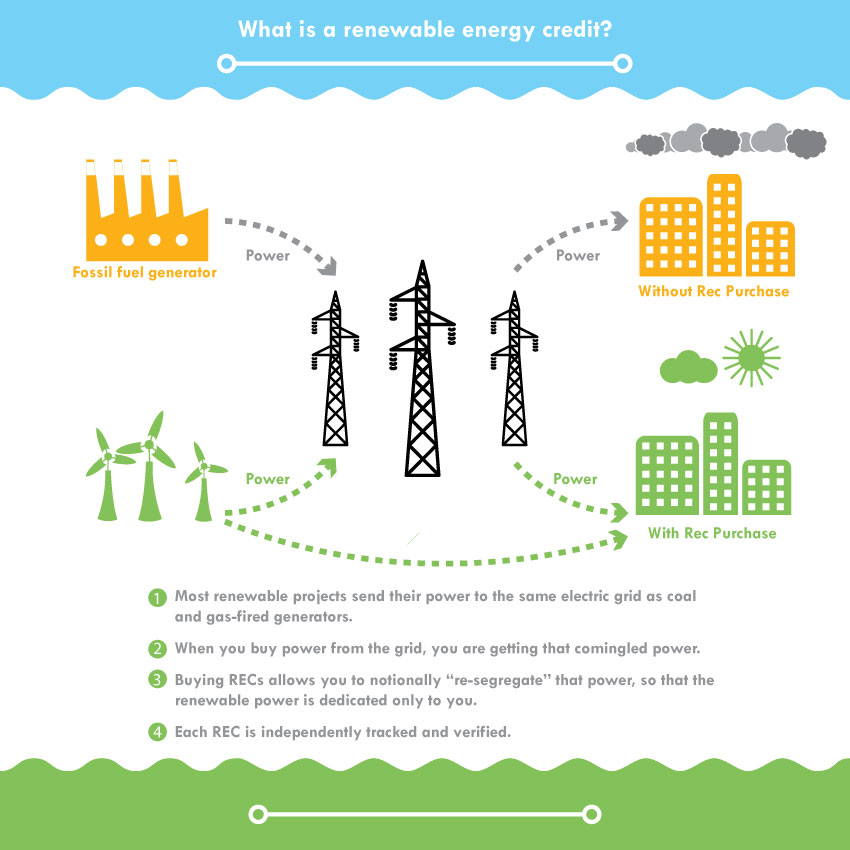Renewable Energy Credit Policy Shift in Washington State

Bipartisan Support for House Bill 1948
Washington state is on the brink of a significant shift in its renewable energy credit policies with bipartisan support backing House Bill 1948, introduced by 13th District state Rep. Alex Ybarra. According to NonStop Local, the bill aims to amend the state’s Energy Independence Act (EIA) allowing utilities to cease acquiring renewable energy credit beyond the 100% mark for customers participating in special clean energy programs. This move seeks to encourage voluntary investments in renewable power without burdening utilities with additional compliance costs under the EIA which mandates renewable energy credit targets of at least 15% of their load annually. The unanimous passage of HB 1948 by both the House and Senate reflects a collective effort to streamline renewable energy credit initiatives and remove barriers for utilities looking to establish voluntary clean energy programs. The bill’s proponents emphasize its alignment with the original intent of the EIA while addressing overlapping requirements with other state energy legislation such as the Clean Energy Transformation Act and the Climate Commitment Act. Testimonies from various stakeholders including representatives from the Northwest Energy Coalition and Seattle City Light underscored widespread support for the measure with no opposition voiced during committee hearings.
READ ALSO: Navigating Social Security Taxation: Strategies to Optimize Retirement Finances in 38 States
Potential Impact on Washington’s Renewable Energy Landscape and Advancements in Clean Energy Accessibility
Ybarra’s legislative district encompassing or adjacent to public utility districts operating hydropower dams along the mid-Columbia River stands to benefit from the bill’s provisions. With the legislation now awaiting consideration by Gov. Jay Inslee its potential enactment signifies a pivotal moment in Washington’s renewable energy credit landscape heralding increased accessibility to clean energy resources on a larger scale and fostering voluntary participation in sustainable energy initiatives.




